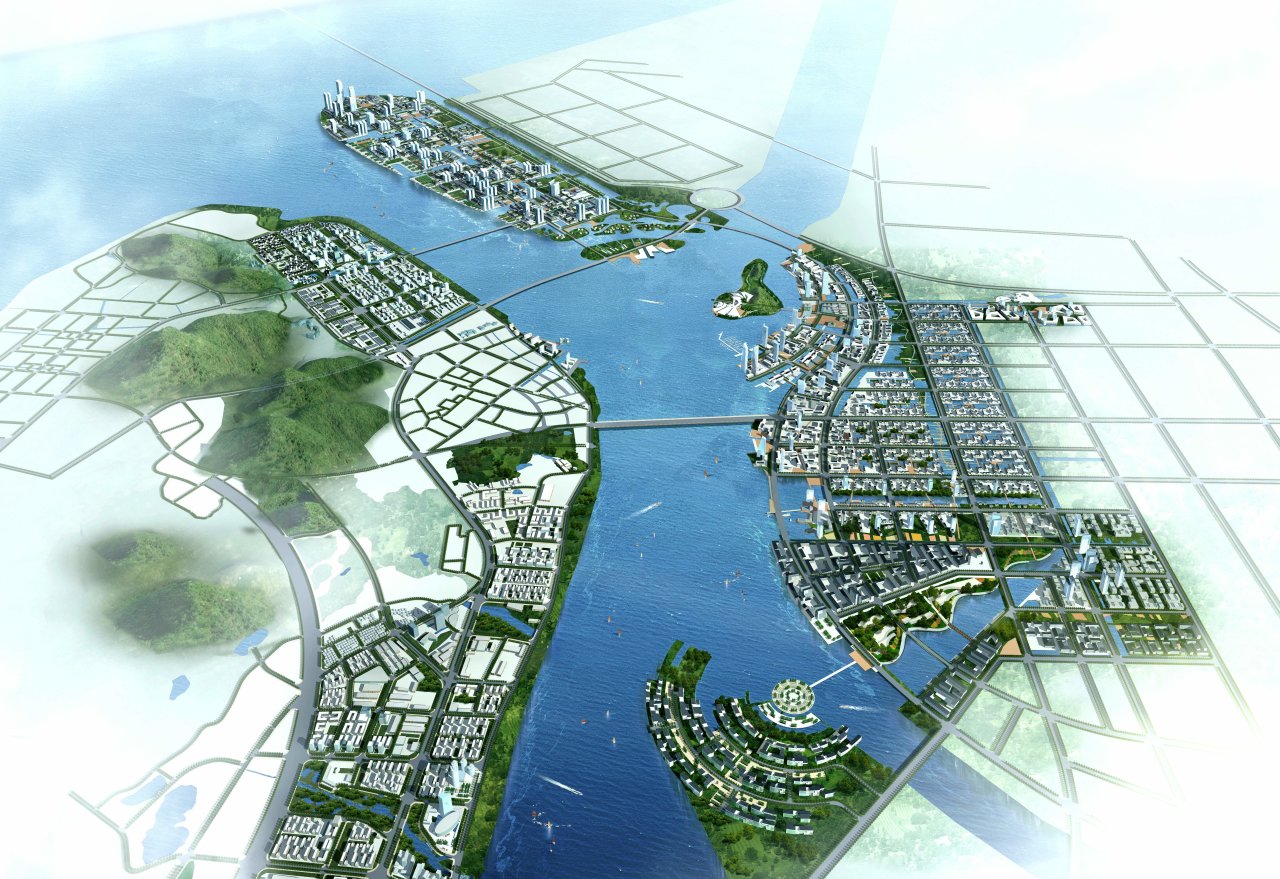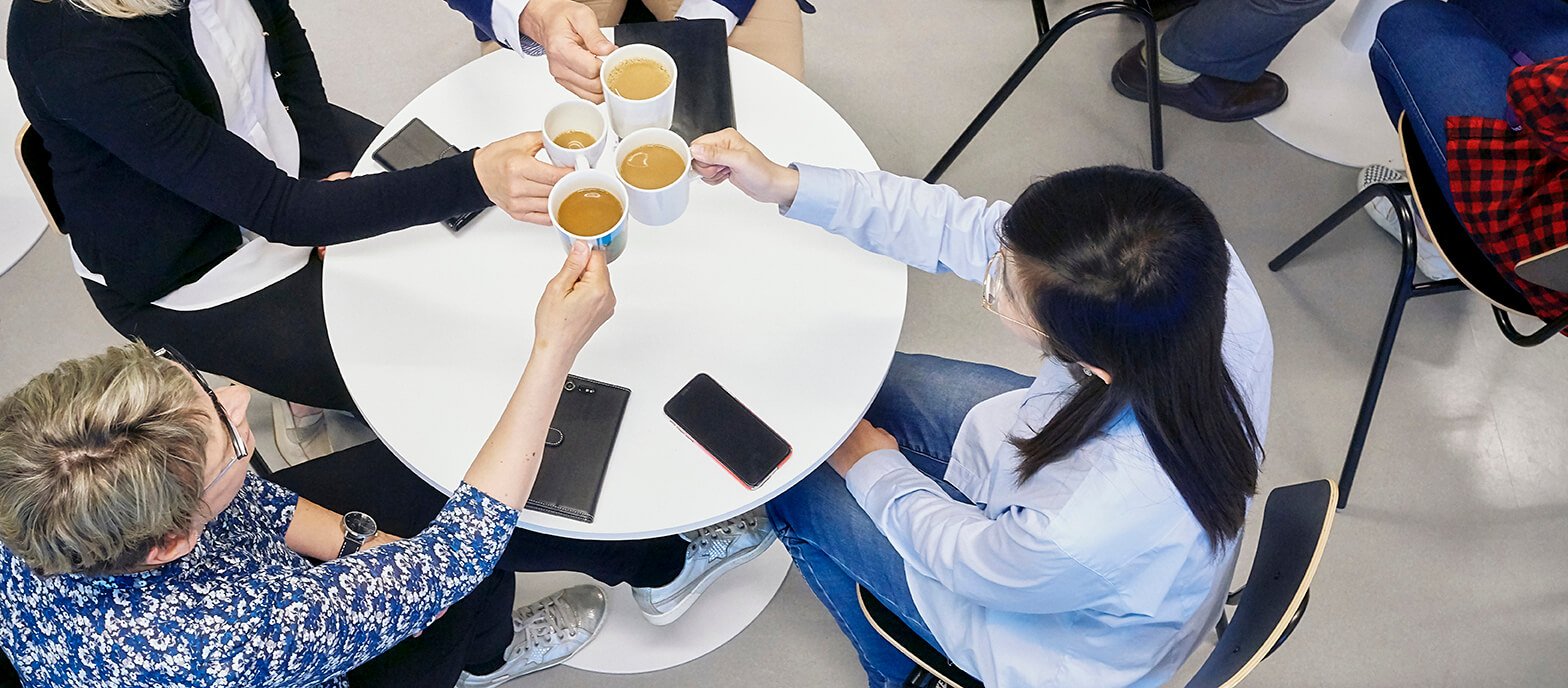
Smart City Nansha in Guangzhou (Wikimedia
Commons, ISA Internationales Stadtbauatelier)
Digitalization results in transformation and even disruption in many sectors of the economy and society. Cities today function as innovation ecosystems, where public institutions, private organizations, communities and individuals collaborate to create new solutions and services for a better tomorrow. From ICT to manufacturing, from health care to transportation, from entertainment to utilities, cities and municipalities can act as launch pads for innovations.
Open ecosystems link technologies, infrastructures, applications and services to people in smart cities, to form the nexus of innovation.
Smart visions and missions have been manifested by many cities around the globe. The challenge is, however, to understand the true implications of acting smart. At worst, digitalization is only seen as a means to automate existing systems and processes, although it has the power of not only to optimize what is already around, but to create something completely new.
How to act smart then?
The value from acting smart comes from visioning, strategizing, practicing and assessing the opportunities and advantages of cities enabled by digital solutions. Digitalization needs to be understood as a strategic course, not just something that is added-on. This implies systemic, structural and cultural changes. Understanding the complexity of smart cities as innovation ecosystems hence requires a holistic bird’s eye view. One needs to be able to see the forest from the trees and the only way is to observe it from a high enough altitude.
In order to explain and discuss this view, I gave the presentation "Business models, ecosystems, and digital transformation in smart cities" together with Petri Ahokangas and Veikko Seppänen to an international delegation of smart city developers and EU experts visiting Oulu in March, 2017.
Marika Iivari
Postdoctoral researcher, Martti Ahtisaari Institute
Marika.Iivari[at]oulu.fi




